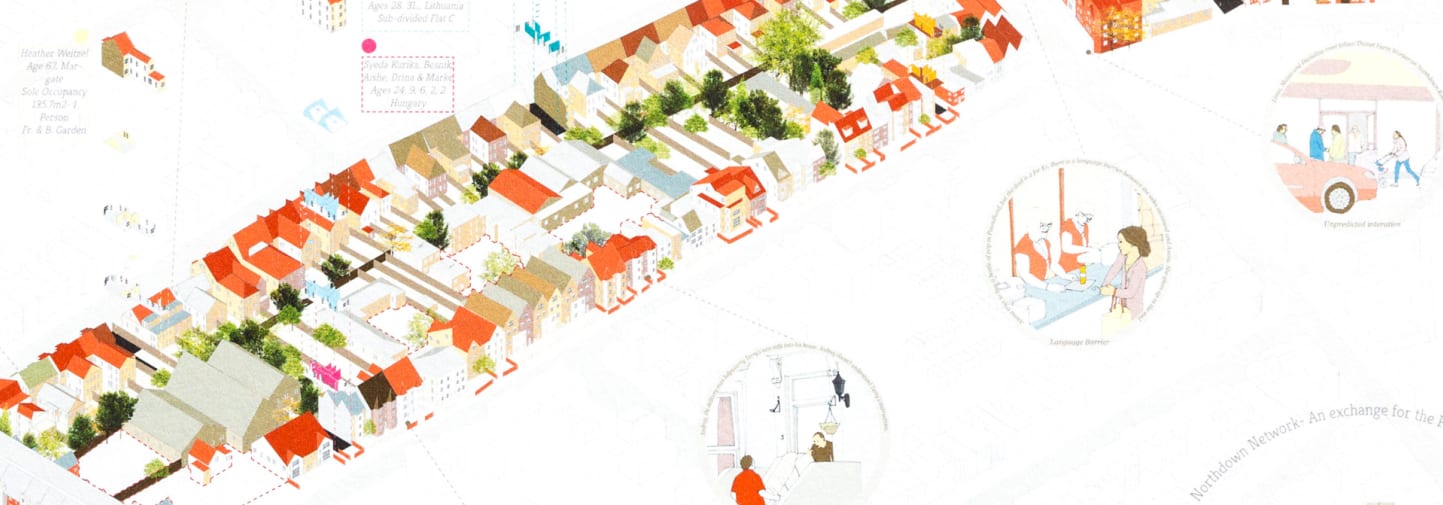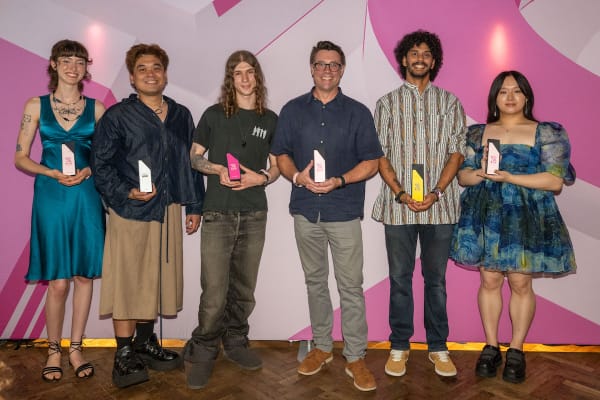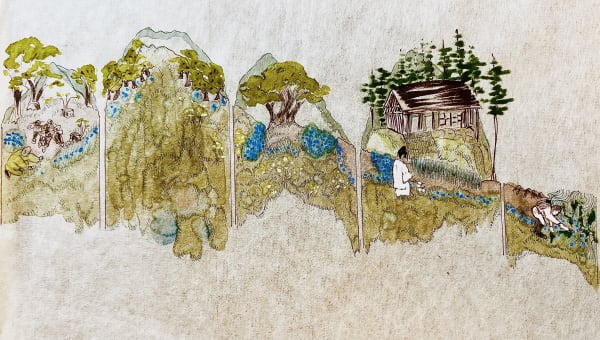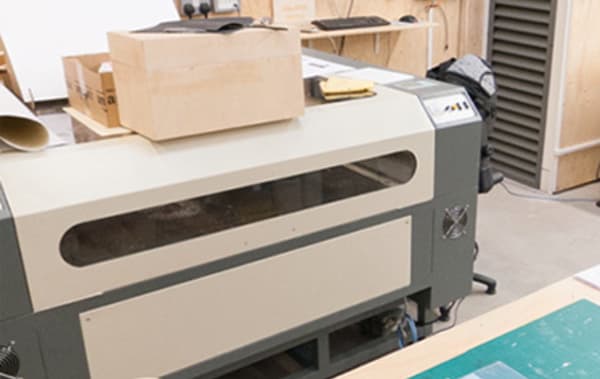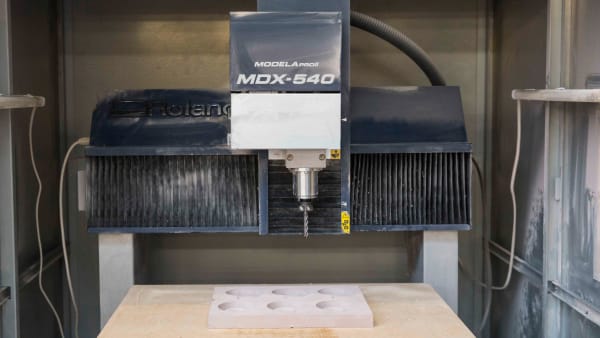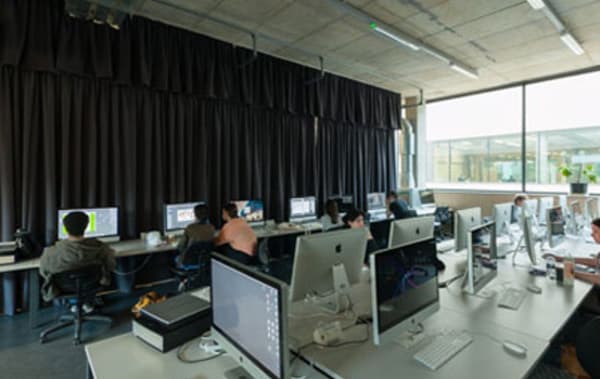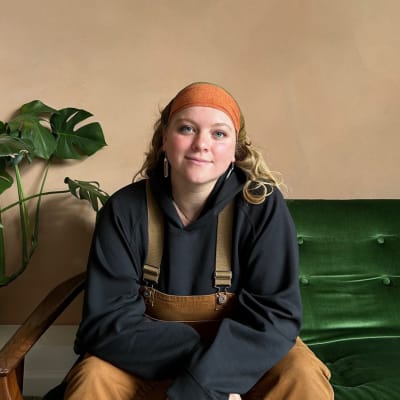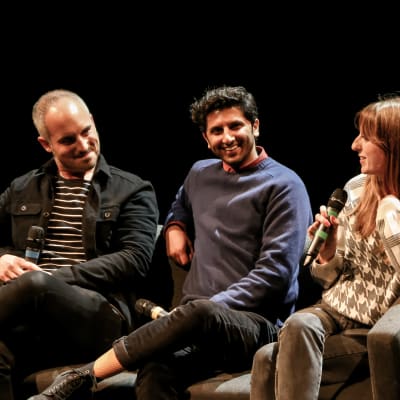Course units
The increasing complexity of contemporary socio-economic, cultural and environmental issues requires architects to develop a broad skill set. This may be described as context-led – seeking relevant and appropriate solutions that address local issues arising from global agendas.
Architects must move beyond traditional disciplinary boundaries to find innovative and sustainable design solutions. There is a growing need for contemporary spatial design which focuses not only on “hard”, but also “softer”, infrastructure. That is, not only buildings, construction, transport and engineering, but also systems of social networks, cultural practices, human interaction, and health and well-being.
BA Architecture shifts the focus of design from buildings as objects to the processes that bring them about and their impact upon social, cultural and ecological environments. This provides greater opportunity for holistic learning and the shift towards regenerative practices.
The course provides a rich learning environment and set of experiences for you to develop as a spatial practitioner. It will introduce you to a range of cognitive and practical skills, critical theories, ethical considerations and creative experiences.
Stage 1
Unit 1: Practicing Ethics 1 – Introduction to Study in Architecture in Higher Education (ISHE)
Unit 2: Design for Collective Action (Design Studio 1.1)
Unit 3: Materials, Environments and Structures (Technical Studies 1)
Unit 4: Collective Spaces (Design Studio 1.2)
Unit 5: Fundamental Agencies (Contextual Studies 1)
Stage 1 introduces you to core skills and concepts. These will allow you to develop a critical understanding of spatial practice. You will focus on studio-based projects, both independent and co-operative, alongside workshops and lectures. You will approach design for human and non-human environments, exploring and representing different scales and typologies of spaces, buildings and places. You will gain an understanding of climate literacy and consider the ethical role of the architect and their duty of care.
Stage 2
Unit 6: Design Concept and Spatial Design (Design Studio 2.1)
Unit 7: Critical Agencies (Contextual Studies 2)
Unit 8: Detailed Design (Design Studio 2.2)
Unit 9: Technical and Environmental Integration (Technical Studies 2)
Unit 10: Creative Unions
Stage 2 provides further development of your conceptual thinking, interpretive and design skills. Material experimentation, technical skills, ethical understanding, legislative knowledge, critical writing and presentation skills will enable greater resolution in your designs. You will engage in a major College-wide collaborative project, understanding how working with other disciplines can transform practice.
Stage 2 also focuses on your personal responses to design issues, the challenges of the climate and bio-diversity crises and the development of your unique voice as a spatial designer within these broader contexts.
Stage 3
Unit 11: Design Thesis (Design Studio 3.1)
Unit 12: Accounts of Agency (Contextual Studies 3 – Dissertation)
Unit 13: Design Synthesis (Design Studio 3.2)
Unit 14: Strategic Technical Thesis (Technical Studies 3)
Unit 15: Practicing Ethics 3
Stage 3 brings together your skills, concepts, and knowledge into critically engaged, integrated design projects that synthesise social, cultural, ecological, ethical and environmentally sustainable strategies. This stage offers you the opportunity to reflect on your previous experience, develop professional skills and explore potential directions for your future career through a self-directed project and written dissertation.
The Working Week
The College buildings and Spatial Practices studios are vibrant and busy working environments where students learn together by being active and giving time to their studies. The course team will offer structured teaching and informal learning through events and projects. Students learn the best and are most productive when they are fully committed to their practice and to each other. You should expect to spend 40 hours per week on independent and collaborative practice and in teaching events such as workshops and discussions.
Mode of study
BA Architecture runs for 90 weeks in full-time mode. It is divided into three stages over three academic years. Each stage lasts 30 weeks. You will be expected to commit 40 hours per week to study, which includes teaching time and independent study.
CSM Academic Support is delivered by a team of academics and practitioners working alongside your course to help you progress and achieve your maximum potential as a student. Academic Support can help you to develop your skills in different areas, including critical thinking, research and writing, time management, presentations and working independently and collaboratively. These may be offered as part of your timetabled classes or as bookable tutorials and workshops.
Credit and award requirements
The course is credit rated at 360 credits, with 120 credits at each stage (level).
On successfully completing the course, you will gain a Bachelor of Arts with Honours (BA Hons degree).
Under the Framework for Higher Education Qualifications the stages for a BA are: Stage 1 (Level 4), Stage 2 (Level 5) and Stage 3 (Level 6). In order to progress to the next stage, all units of the preceding stage must normally be passed: 120 credits must be achieved in each stage. The classification of the award will be derived from the marks of units in Stages 2 and 3 or only Stage 3, using a dual algorithm.
If you are unable to continue on the course, a Certificate of Higher Education (CertHE) will normally be offered following the successful completion of Level 4 (or 120 credits), or a Diploma in Higher Education (DipHE) following the successful completion of level 5 (or 240 credits).
Professional, statutory and regulatory bodies
The BA (Hons) Architecture at Central Saint Martins is currently prescribed by the Architects Registration Board (ARB) at Part 1 level for purposes of registration as an Architect in the UK.
Following a national statutory consultation in 2023, the ARB (Architects Registration Board) has changed its educational requirements removing the requirement of an award of an undergraduate qualification in architecture. This will come into effect from 31 December 2027.
Students who graduate before 31st December 2027 will not be affected by this change. This means that from 2028, an undergraduate Level 6 qualification in architecture will not be required for registration as an architect in the UK. This change impacts any students who take an additional year to complete their degree, graduating in June 2028.
Students entering the BA (Hons) Architecture course in September 2025 will graduate after December 2027 and will therefore graduate after the proposed end date for ARB prescription at Part 1 and their degree will not be a prescribed ARB award. This will not impact any student's ability to complete qualification as a UK registered architect, as the ARB will continue to accredit academic awards at master's level only.
The BA Architecture course is currently, and will continue to be, subject to validation by the Royal Institute of British Architects (RIBA) at Part 1. The RIBA will continue to validate architecture qualifications at Parts 1, 2 and 3 – these are terms developed by the RIBA and its three-part validation pathway forms the typical route to RIBA Chartered Membership.
Please note that as a result of course specific regulations, unit compensation as detailed in UAL Course Regulations, is not available to students on this course.

